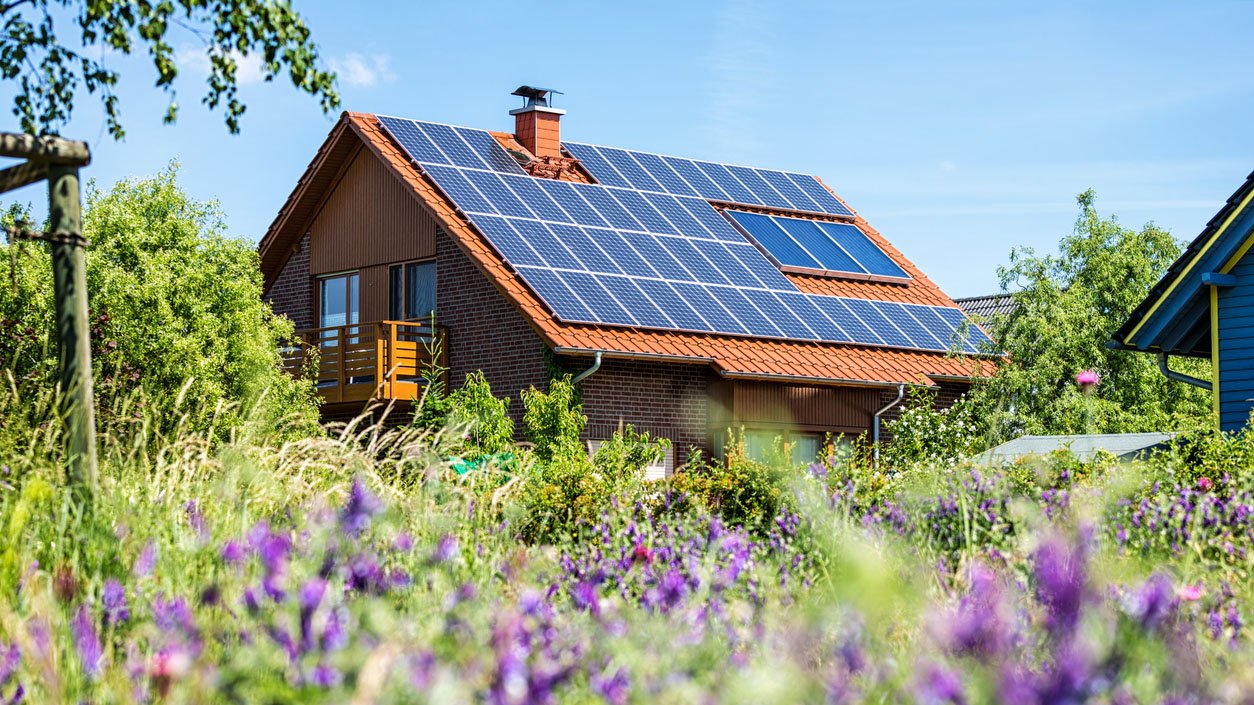Here are a few things you should know about solar PPAs. This article will cover these agreements’ costs, terms, renewability, and tax benefits. Before signing one, make sure you understand the risks and benefits of a solar power purchase agreement. Then, read on to learn more about this critical business transaction. Listed below are some important points to consider when deciding to invest in solar power. Choosing a suitable solar power purchase agreement will help you save money and enjoy many benefits.
Cost of a solar power purchase agreement
The cost of a solar power purchase agreement (PPA) varies depending on the provider. Generally, PPA providers will cover the cost of installation, equipment, and performance monitoring. However, a PPA does not eliminate your energy bill. If you live in a part of the country with less consistent insolation, you may not be able to eliminate your energy bill with a PPA completely. You may still have two electric bills, one for solar power and one for grid power. Additionally, you may have to purchase more grid power during low or no sunlight periods.
A PPA is a long-term contract with a developer to purchase solar electricity. This agreement usually lasts 25 years, but it can last for six years in some cases. In some states, solar electricity is worth a substantial amount of money. Because the client doesn’t own the system, the cost of a PPA can be much lower than the price of retail power. You can also finance your solar system using different financing options.
Terms of a solar power purchase agreement
When you’re looking to install solar panels at your home, you need to understand the Terms of a Solar Power Purchase Agreement (SPPA). This agreement gives the developer complete control over the installation, manages local laws, and sells back the power produced to you at a fixed rate. This type of agreement is more affordable and cleaner than traditional set-ups, and you’ll save a great deal of money on your electric bill. Plus, there’s no significant up-front investment required.
But it’s also essential to keep in mind that PPAs are not as beneficial to the host organization as owning solar panels. A PPA can be more helpful in the short term, but it’s not as advantageous in the long run. For example, you won’t benefit from the federal investment tax credit you might otherwise receive by purchasing your solar panels outright. You may also have to upgrade your property or site.
Renewability of a solar power purchase agreement
The renewables market has been dominated by large corporations, which typically serve as an anchor or sole off-takers of extensive utility-scale renewable energy facilities. Such customers usually have a high amount of geographically concentrated power consumption and can support the construction of a substantial renewable energy facility. For such corporations to benefit, the PPA market needs to be competitive with wholesale power prices. The renewable’s PPA price must be competitive with wholesale power prices.
While utility-scale solar projects are the most significant driver of renewable energy development in the United States, solar power PPAs come with several risks. While solar PPAs require no capital investment and no maintenance costs, they can lock in energy prices for twenty or more years. They also bring the benefits of clean energy to the electric grid, while the offtaker owns all environmental benefits associated with the project. These advantages are good news for buyers seeking to meet renewable energy goals and a volatile energy market.
Tax benefits of a solar power purchase agreement
A solar power purchase agreement (PPA) is a contract between a solar developer and a host that allows the host to purchase electricity generated by the system at a lower rate than the local utility company. This lower rate enables the host to benefit from the higher income from solar energy, as well as the federal tax credit. Unfortunately, the buyer of power does not receive these benefits. Solar PPAs are particularly popular for commercial installations and are often attractive to organizations that are not exempt from taxes.
The developer pays for the installation, handles local laws, and sells the energy back to the host at a set rate. The host then benefits from lower electricity bills and a smaller carbon footprint. The most significant advantage of a solar power purchase agreement is that the host has no upfront investment, which significantly reduces the overall cost of the system. However, this arrangement is not suitable for every business. It is best suited for those looking to maximize their tax benefits.


